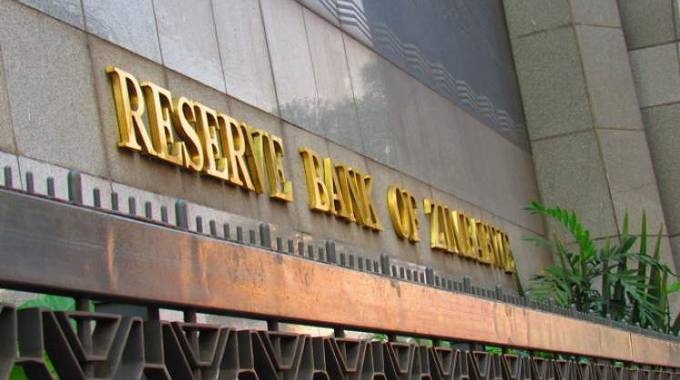RBZ approves $500m loan for MSMEs

Business Reporter
THE Reserve Bank of Zimbabwe (RBZ)’s Monetary Policy Committee (MPC) has approved a $500 million loan facility for financing micro, small and medium enterprises (MSMEs) at 30 percent interest per annum.
At its latest meeting held on 30 April 2021, the committee noted the prevailing macro-economic stability and resolved to enhance support of the economic activity.
The resolution includes maintaining the bank policy rate at 40 percent and the interest rate on the Medium Term Accommodation Facility at 30 percent per annum.
The Apex Bank has also reaffirmed its position to support bureaux de change with foreign exchange requirements to support MSMEs.
In a post-meeting statement, RBZ said the conservative monetary policy stance will be continued to ensure the prevailing price stability is maintained.
“The MPC approved a facility of ZW$500 million for micro, small and medium enterprises, which the MSMEs will access from banks and micro-finance institutions at 30 percent per annum for purposes of enhancing production across all the sectors of the economy,” it said.
The MSMEs industry plays a key role in the economy with studies suggesting that more than 75 percent of the country’s workers are employed in the sector.
Meanwhile, the MPC has expressed confidence that the prevailing slowdown in inflation is likely to continue with a forecast of 55 percent by July this year. As of last month, Zimbabwe’s annual inflation slowed to 194 percent from 240,1 percent in the previous month of March 2020.
“The committee reaffirmed its commitment to sustaining the disinflationary path to the end of the year and expects year-on-year inflation to go down to below 55 percent by July 2021,” reads part of the statement.
The positive trends in inflation and the exchange rate have largely been a result of improved formal access to forex on the auction system since June 2020 and tighter controls on mobile money transactions, including limits on merchants and individual thresholds.
Monetary authorities have discovered that despite being one of the most convenient methods of money transfer and transacting in the 21st century, mobile money had fallen victim to cash barons who used it to trade in foreign currency.











Comments